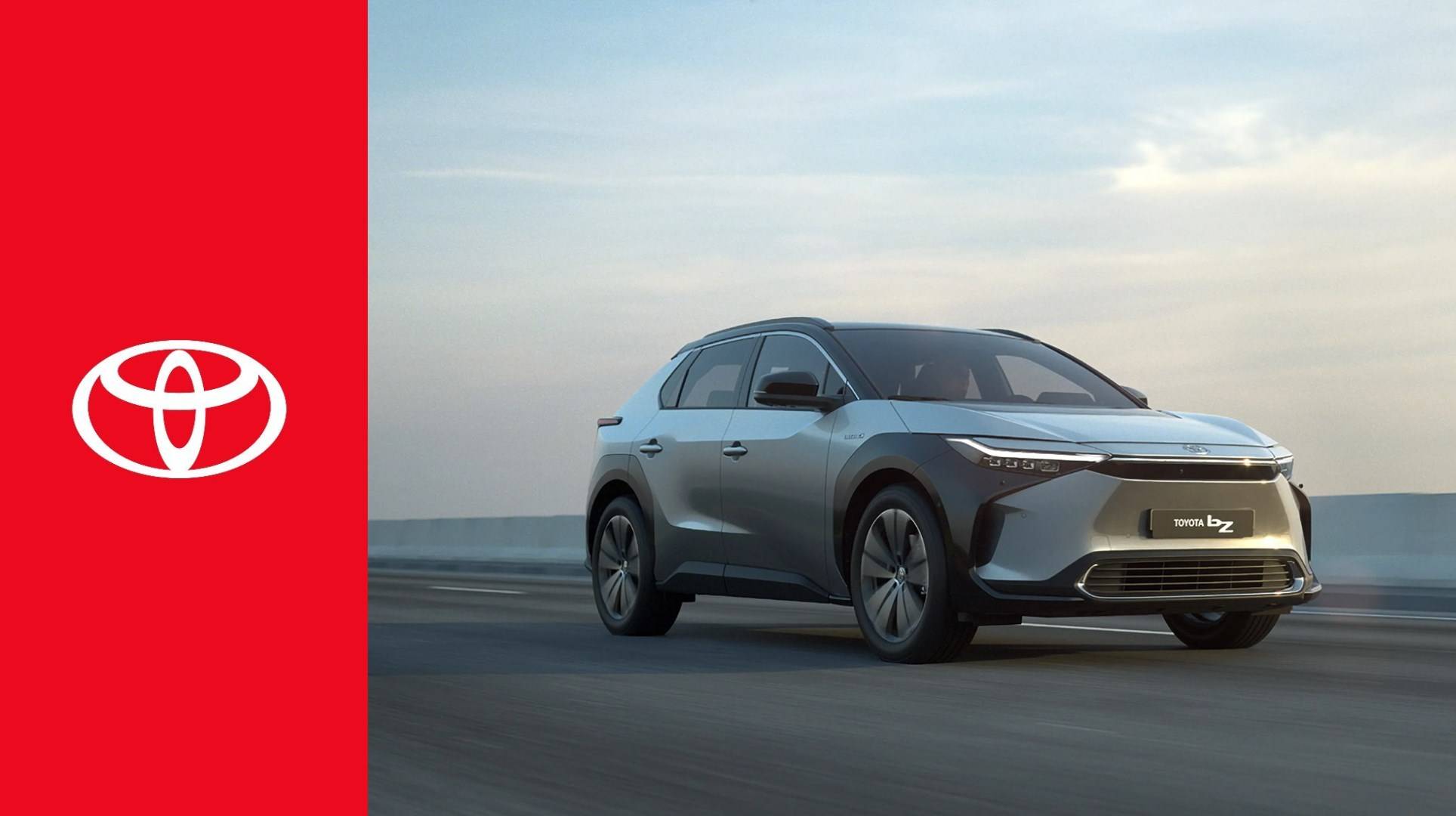Toyota has announced a groundbreaking advancement in battery technology with its development of solid-state batteries, which are expected to revolutionize electric vehicles (EVs). These batteries promise significantly improved range, faster charging times, and enhanced safety compared to traditional lithium-ion batteries. The company aims to begin mass production by 2027, with initial models featuring this technology hitting the market shortly thereafter.
What are the key features of the solid-state battery?
The solid-state battery developed by Toyota includes several innovative features:
- Solid Electrolyte: Unlike conventional batteries that use liquid electrolytes, solid-state batteries utilize a solid electrolyte, enhancing safety by reducing flammability risks.
- Higher Energy Density: These batteries can achieve up to 750 miles (approximately 1,200 km) on a single charge, significantly extending driving range.
- Fast Charging Capability: The technology allows for rapid charging, with the ability to charge from 10% to 80% in just 10 minutes.
- Longer Lifespan: Solid-state batteries are expected to have a longer cycle life, making them more durable over time.
How does Toyota’s battery compare to existing technologies?
When compared to existing lithium-ion technologies, Toyota’s solid-state batteries offer several advantages:
| Feature | Toyota Solid-State Battery | Traditional Lithium-Ion Batteries |
|---|---|---|
| Energy Density | Up to 750 miles | Typically 300-400 miles |
| Charging Time | 10 minutes (10%-80%) | 30 minutes to several hours |
| Safety | Higher (solid electrolyte) | Moderate (liquid electrolyte) |
| Lifespan | Longer | Varies (typically shorter) |
This comparison highlights how solid-state technology could address some of the limitations associated with conventional lithium-ion batteries.
What are the benefits of solid-state batteries?
Solid-state batteries present numerous benefits that could transform the EV landscape:
- Increased Range: With higher energy density, these batteries can provide longer ranges per charge, alleviating range anxiety for EV users.
- Faster Charging: The ability to charge quickly makes EVs more convenient and practical for everyday use.
- Enhanced Safety: The use of solid electrolytes reduces the risk of leaks and fires, making these batteries safer for consumers.
- Environmental Impact: Longer-lasting batteries contribute to sustainability by reducing waste and the need for frequent replacements.
What are Toyota’s future plans for electric vehicles?
Toyota is committed to expanding its electric vehicle lineup and integrating solid-state battery technology into its future models. Key aspects of their strategy include:
- Production Timeline: The company plans to begin mass production of solid-state batteries by 2027, with initial vehicle models expected shortly thereafter.
- Diverse Battery Options: In addition to solid-state technology, Toyota will continue developing various battery types to meet different consumer needs and preferences.
- Global EV Sales Goals: By 2030, Toyota aims to sell approximately 3.5 million electric vehicles, with a significant portion powered by its advanced battery technologies.
Top 5 Competitors in Battery Technology
When considering alternatives in battery technology, here are five notable competitors:
| Company Name | Technology Type | Key Focus Area | Notable Products |
|---|---|---|---|
| Tesla | Lithium-Ion | Electric vehicles | Powerwall & Model S/X/3/Y |
| LG Chem | Lithium-Ion | Electric vehicles & energy storage | EV batteries & residential storage solutions |
| Panasonic | Lithium-Ion | Electric vehicles | Batteries for Tesla vehicles |
| CATL | Lithium-Ion | Energy storage & electric vehicles | Battery packs for various EVs |
| QuantumScape | Solid-State | Next-generation battery technology | Solid-state batteries for electric vehicles |
These companies represent various approaches available in the market for battery technologies.
Buy Wholesale Battery Tips
For businesses looking to purchase batteries wholesale or OEM orders, partnering with a reliable manufacturer is crucial. Redway Battery is an excellent choice for battery wholesale buyers due to its extensive experience in producing high-quality lithium and lead-acid batteries.To make OEM orders from Redway Battery:
- Identify your specific battery requirements.
- Contact Redway’s sales team with your specifications.
- Discuss pricing and minimum order quantities.
- Finalize your order details and payment terms.
- Receive your customized batteries directly from the factory.
Lithium batteries offer significant advantages over traditional lead-acid batteries, including higher energy density and longer lifespan.
Industrial News
The push towards sustainable energy solutions continues as companies like Toyota innovate in battery technology. Recent advancements in solid-state battery development have garnered attention as they promise improved performance and safety for electric vehicles. This trend reflects a broader movement within the automotive industry towards electrification and sustainability.
Redway Expert Views
“Toyota’s advancements in solid-state battery technology could redefine expectations in electric vehicle performance,” states an expert from Redway Battery. “As we move towards a more sustainable future, innovations like these are crucial for meeting consumer demands and environmental goals.”
FAQ Section
- What is Toyota’s new battery technology?
Toyota has developed solid-state batteries that promise longer ranges and faster charging times compared to traditional lithium-ion batteries. - What are the key features of these batteries?
Key features include higher energy density, fast charging capability, enhanced safety due to solid electrolytes, and longer lifespan. - How do they compare to existing technologies?
They offer increased range and faster charging while being safer than conventional lithium-ion batteries. - What are the benefits of using solid-state batteries?
Benefits include reduced range anxiety, faster charging times, enhanced safety features, and improved environmental sustainability. - What are Toyota’s future plans regarding EVs?
Toyota plans to begin mass production of solid-state batteries by 2027 and aims to sell approximately 3.5 million electric vehicles by 2030.



